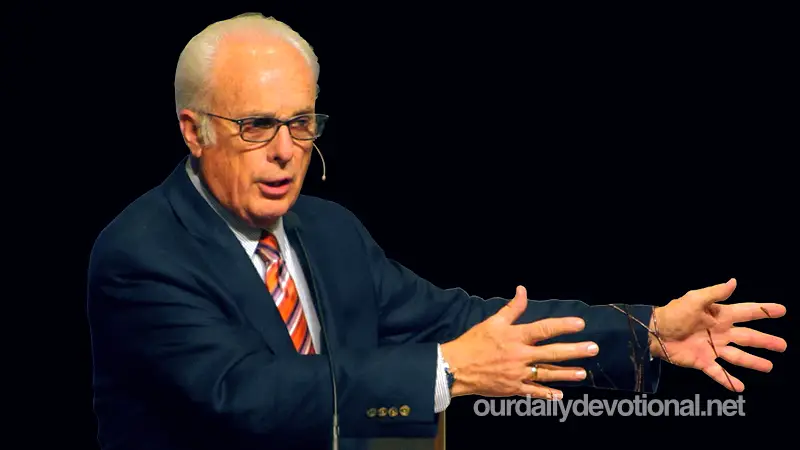«Laughter».
The son of Abraham and Sarah, born probably in Beersheba (Gen. 21:14, 31) when his father was 100 years old and his mother a little over 90 (Gen. 17:17; 21:5).
When God gave the promise that Sarah would have a son, Abraham, unable to believe it, began to laugh (Gen. 17:17-19). Later, upon hearing the same promise given by a stranger who had stopped at her camp, Sarah also laughed in disbelief (Gen. 18:9-15).
After the birth of the child, she joyfully recognized that God had given her and her friends reasons to laugh, but with laughter of joy (Gen. 21:6). As a reminder of these events, Abraham named him Isaac, "he laughs" (Gen. 21:3).
He was circumcised on the eighth day (Gen. 21:4).
Isaac, the son of promise and legitimate heir, enjoyed greater privileges than Ishmael, son of Abraham and the slave girl (Gen. 17:19-21; 21:12; 25:5, 6).
God tested Abraham regarding Isaac, commanding him to offer him as a burnt offering (Gen. 22:6). According to Josephus, Isaac was then 25 years old. Isaac did not resist, out of respect for his father and God.
The angel of the Lord intervened, preventing the sacrifice at the moment in which it was going to be carried out, and Abraham found there a ram, which he offered in place of the young man. There are several lessons that emerge from this fact.
First, God did not consent to the consummation of a human sacrifice. The Canaanites and other idolatrous nations carried them out, but God manifests his horror at such practices, and severely condemns them (cf. Lev. 18:21; 20:2; Deut. 12:31). But there are also two other lessons that can be seen in this passage.
First, the test of Abraham's faith. God had promised Abraham a numerous posterity that would come to him through Isaac; Furthermore, his son was to be offered as a burnt offering. Abraham's simple conclusion was that his son would be resurrected (cf. Heb. 11:17-19).
But, most importantly, Isaac is a type of the Cross. The beloved only son, long promised and long awaited, is offered at Moriah (near Calvary, Gen. 22:2; 2 Chron. 3:1). He, freely aware of his death, carries the wood of torture, goes towards the torture with his father, who extends his hand himself to put him to death (Is. 53: 4, 6, 10).
Isaac, saved by the bloody offering of a substitute (the ram), is returned to Abraham by a resurrection "figuratively" (Heb. 11:19). Jesus Christ fully fulfilled this type, truly dying as our substitute, suffering God's punishment, being restored to the Father through a true resurrection.
Isaac lived in the Negev (Gen. 24:62), and was a lover of solitude. He deeply suffered the death of his mother (Gen. 24:63, 67). He married at age 40, but it was not until he was 60 that he had children by his wife Rebekah (Gen. 25:20, 26).
The account of the expedition of Abraham's steward, commissioned by him to find a wife for Isaac (Gen. 24), is one of the most beautiful pages of the Scriptures.
It constitutes a type of the Father sending the Holy Spirit to seek a Bride (the Church) for the Son (cf. L. S. Chafer: Systematic Theology, "Ecclesiology", volume II, PP. 143-146). Furthermore, it sheds a lot of light on the customs of those times, and is full of color and liveliness.
Isaac's weakness towards Esau, knowing that Jacob had been chosen by God to inherit the blessing (Gen. 25:21-26), brought him great sadness: being deprived of the presence of his son Jacob for many years, and knowing the hatred taken by Esau towards his brother.
By God's command, Isaac did not go down to Egypt in a time of famine (Gen. 26:1). He had conflicts with the Philistines, who dwelt in Gerar (Gen. 26:6-30) in their search for wells for their livestock.
After Jacob's return, now reconciled with Esau, he was able to see his son and his descendants, when he lived in Arba (Hebron). There he died at 180 years of age, being buried by his sons (Gen. 35: 27-29).
The NT alludes to Isaac, the son of promise (Gal. 4:22, 23), stating that he manifested his faith during his nomadic life, dwelling in his tent, and blessing Jacob and Esau "regarding things to come." (Heb. 11:9, 20).
The Nuzu letters, discovered at a site near modern Kirkuk between 1925 and 1941, not only illustrate the life and customs of the patriarchs, but give examples similar to the birth of Ishmael (Gen. 16:1-6).
The Nuzu marriage code stipulated that a barren woman must give her husband a slave as a concubine. If this slave had a son, he could not be sent away from her.
This explains Abraham's unwillingness to fire Ishmael when Sarah asked him to. This demand was contrary to custom; and Abraham only yielded to the intervention of God, with his formal promise also given to Ishmael (Gen. 21: 9-13).
Meaning of ISAAC
«Laughter».
The son of Abraham and Sarah, born probably in Beersheba (Gen. 21:14, 31) when his father was 100 years old and his mother a little over 90 (Gen. 17:17; 21:5).







